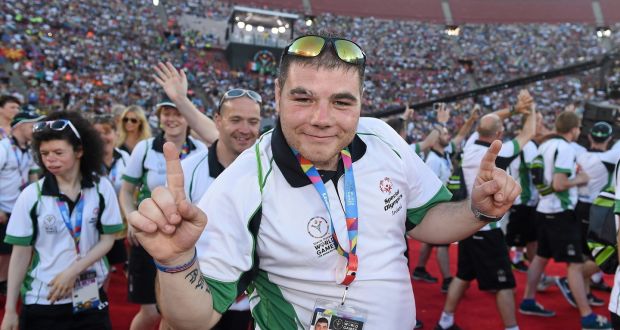
13 Dec Coaching the Person First, Always – by Owen Mooney
Coaching the Person First, Always
By Owen Mooney – National Coach and Sports Development Coordinator for Special Olympics Ireland
(Tweet @MooneyOwen or Email [email protected])
Over the last few years I have taken more time to reflect on how I connect and interact with people, how I can improve to ultimately have a positive effect on the people I coach. This is easier said than done believe me.
The landscape of coaching is not linear. It is fluid and constantly changing. One of the main changes for me as a coach has been focusing on the person first and the player second. No matter if I am coaching four-year old’s or forty-four years old; the premise is still the same; coach the PERSON FIRST, ALWAYS.
This throws up some interesting thought processes in relation to what I include in my sessions; how I conduct myself, what psychosocial elements will I include, how much freedom will I give to the participants etc. etc. I am going to elaborate on the #COACHFUN acronym that I always use when coaching Children, Youth or Adults.
C – Competence
Improvement of the participant to perform the skills required in game like situations.
This will be a loooooooooong journey and one that you will reflect on more than anything. Patience is the biggest virtue here. One concept at a time no matter what age you are coaching. Quality over quantity will make the session more enjoyable for the participants and for you as the coach.
O – Organised…. chaos
Being organised in your planning for the learning and improvement of each participant
Knowing what you are going to coach and following through on it can be a minefield. You could have, what you think, is the best session you have planned. Then 2 minutes into the session, you must bin your plan and change your session objectives. This has happened to all of us and it will continue to happen. I have never had a session go from start to finish the way I wanted it and I do not want to ever get to that stage because it is not coaching. The session plan is a guide and can be as detailed as you wish. When I did my first coaching badge over 20 years ago my sessions were like mini dissertations. I did not know at the time, but I was building up my resources and I am still continually building my resources now because I want to keep my sessions interesting, engaging and learner centred.
A – Approachable
Have a friendly demeanor and be easy to talk to
It costs nothing, and it is not difficult to be nice to someone. Ask them how they are feeling, how is school, college, ask for their opinion on practice or just shoot the breeze on life. Whatever topic you choose showing you care about them as people will have a positive impact on them.
C – Connection
Be that coach that harnesses strong relationships and makes a positive impression
Smile and show them you care by learning the names of everyone you coach. There is no excuse for not learning people’s names. You’ll be amazed by how something so simple can have such a huge influence on someone. The connection between you and the participants and the participants themselves in the form of team work, communication and social interaction is vital for the individual and/or the team dynamic. Hone and harness this by building positive relationships.
H – Holistic
Thinking about the big picture for long term development
This area encapsulates everything. Always have the long-term development of the person at the forefront of everything from how they conduct themselves during practice and games, how they interact with people outside practice, how they embed positive principles to their everyday life and how they can be better people. We as coaches have a huge influence on everyone who comes to our sessions. We could be the best part of their week, we could be their oasis of sanctuary; please remember that. Engagement with parents here will make a huge difference in the long term, not only for the participant, but also for you as a coach and your club.
F – FUNdamentals – always
Include the building blocks of movement into all sessions for all ages
I am a huge advocate for basic movement skills for all ages, not just for children. The better people can perform these basic movements the more physically active they could be, and the risk of injury can be reduced.
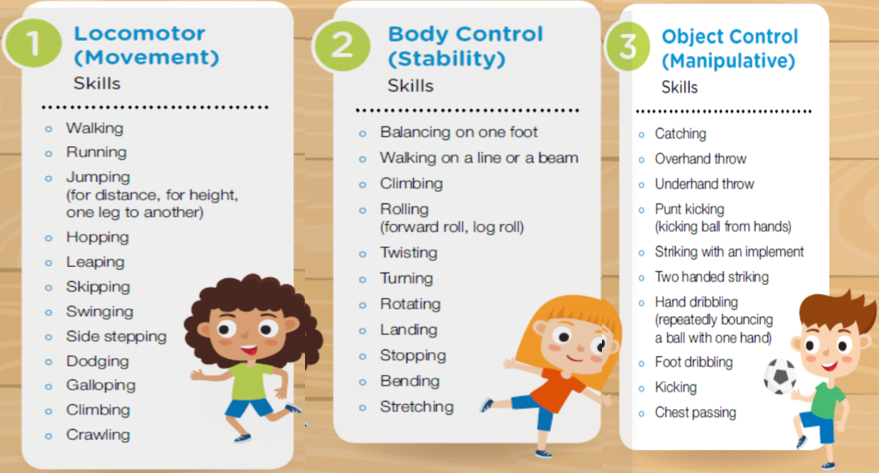
U – Understanding
What is your why?
When facilitating on courses, workshops or speaking at conferences I always ask, “What is your why?” This is not to alienate anyone; sometimes I do not even ask for an answer. However, what I do ask for is reflection. Understanding why you do things and/or why you are a coach is important because if you don’t know your why then how you are meant to answer all the other questions and problems that may arise. Constantly learning from other people is the best way for me to reflect on my why. I am constantly learning and trying to improve as a coach but more so as a person. Reflect on everything you do and, on every situation, to gain a better understanding of yourself and the people around you.
N – Networking
Nurturing relationships with others
Being a coach is about learning and development; of the participants and of yourself. Aside from formal learning, one of the most influential ways of learning and developing as a coach is networking with others, getting to know people and asking questions. People are the greatest resource you have as a coach. I am very fortunate to have commenced study for my Doctorate at Leeds Beckett University and one of the biggest influences so far has been my conversations with a few people who I have gotten to know quite well. These people are my “critical friends” and they are a constant source of support not only for my studies going forward but also for my coaching. All of us have at least one person who we use to bounce ideas off as coaches. Please use them for your development by asking questions, asking for feedback, asking to be observed as a coach or asking for assistance. The more networking you do as a coach the more help and support you will have going forward on your journey.
Final Thoughts
Giving participants the opportunity to think, make decisions, problem solve, communicate, build relationships and enjoy being at your sessions is the main body of my coaching, which is game based. I am not a fan of “drills”. The word sends shivers down my spine and is like running nails down a chalkboard. If you want drills, go to B&Q. All your activities as a coach should be related to the game or the discipline you are coaching. Do not be afraid to try new things; Have A Go and You Will Know. Reflect on what you are doing and why you are doing it. Enjoy yourself, make a positive impact on everyone you meet. Smile and enjoy the whirlwind journey that is being a coach.
By Owen Mooney – National Coach and Sports Development Coordinator for Special Olympics Ireland
(Tweet @MooneyOwen or Email [email protected])
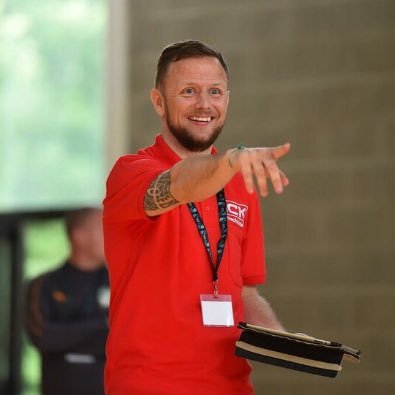
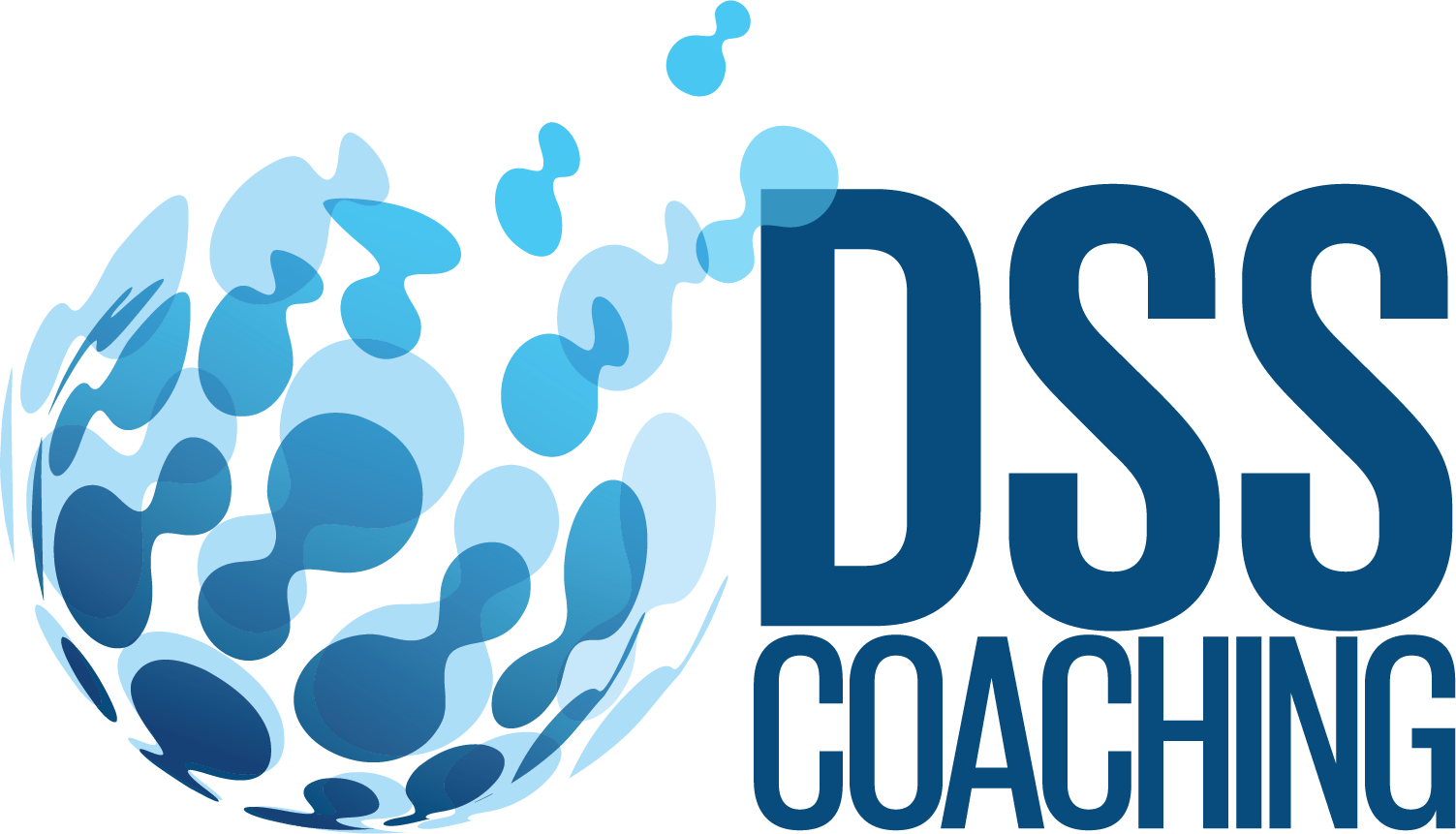

Dermot English
Posted at 16:32h, 18 DecemberBrillant piece